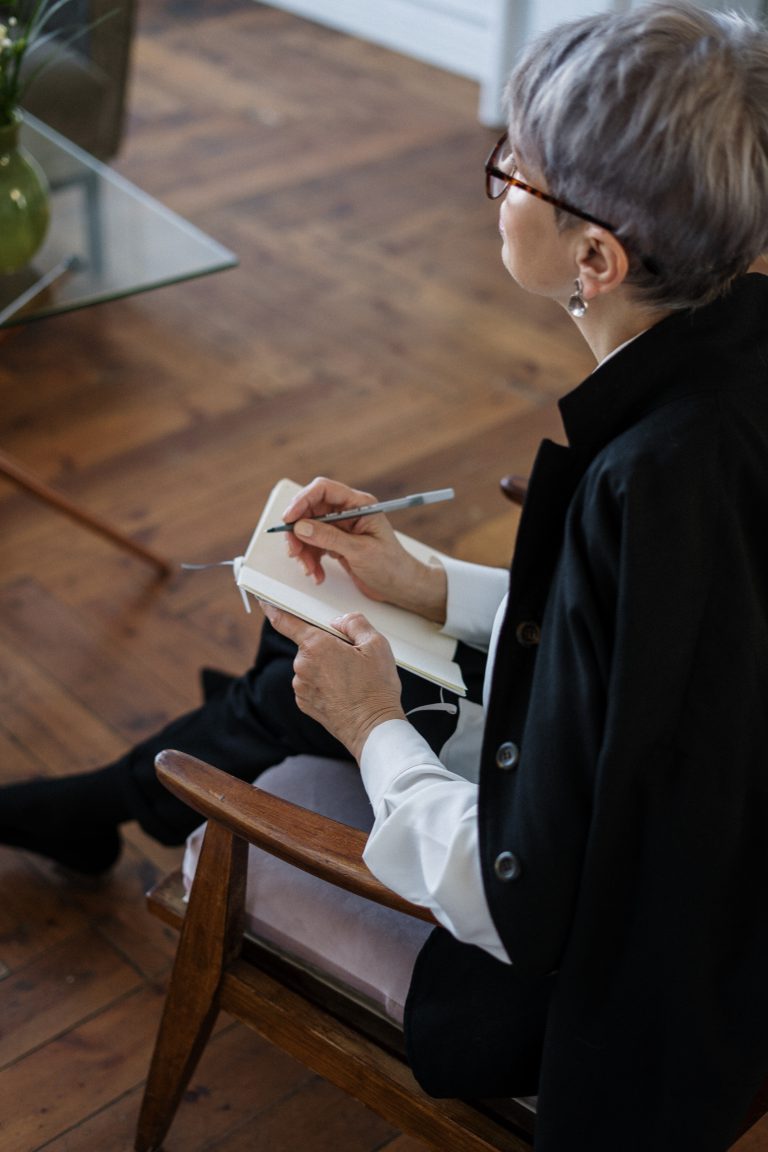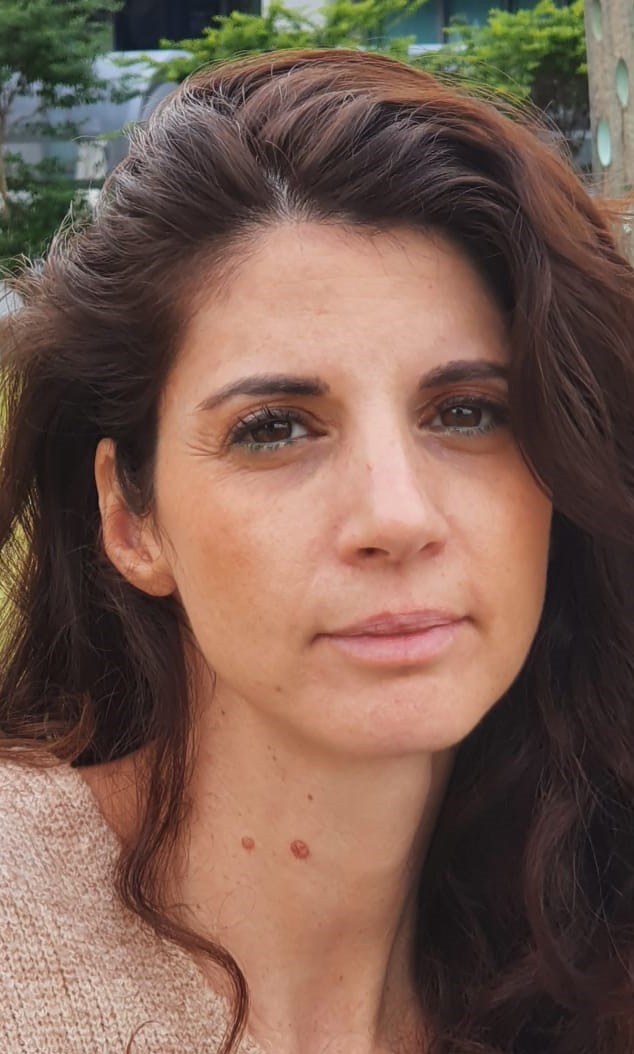It’s the end of another long day, and you’re stuck in bumper-to-bumper traffic, with chores and people waiting for you at home. You blast the horn and squeeze the steering wheel until your knuckles are white, but none of it makes the car in front of you move faster. In fact, your rage doesn’t make you feel any better either. Your heart rate skyrockets, every muscle in your body is tense, and the more frustrated you get, the more powerless you feel.
Imagine it could be different. Not the traffic, of course, but your response. All the facts remain the same, but you take a deep breath and say out loud: “It is what it is.” You don’t have to turn on upbeat music and make friends with the driver in the next lane, but by acknowledging the reality of your situation, you put yourself back in the driver’s seat of your own life.
What is Radical Acceptance?
Many of us spend an absurd amount of energy wishing and raging about how our lives should be different. “Should” – this wretched little word, overflowing with judgment and disappointment. While it’s normal to envision a happier version of ourselves, when we fight against circumstances that are beyond our control, we sink into the quicksand of victimhood and blame. Resistance not only paralyzes us from moving forward, but it also adds more physical and emotional pain on top of whatever got us here in the first place. When the hurricane rages, the flexible trees bend with the wind, while those that remain rigid snap in half.
Developed by psychologist Marsha Linehan, radical acceptance is a tool designed to help us fully accept our painful emotions and challenging circumstances without judgment, enabling us to live with meaning and authenticity, even when things get tough. It’s not about ignoring our situation or appreciating its value – because, let’s face it, sometimes life is hard. It’s about embracing the reality that is unfolding around us, as well as how it affects our physical and emotional wellbeing.
Radical Acceptance and Chronic Pain
It’s easy to get behind such a concept when it comes to a traffic jam, but the enormity of this task becomes apparent within the context of chronic pain. How can a person be expected to simply accept their suffering? And why should they?
Though it sounds counterintuitive, accepting our challenging circumstances is the first step to moving through them. Accepting our chronic pain and the accompanying emotions is both the most and least that we can do in any given moment. Pain is difficult, but it is only when we fight it that it morphs into suffering.
Denial and the Pain Trap
Imagine you’re on a bus driving along an unpaved road. With each pothole, a lightning bolt of excruciating pain shoots through your body. As the ride goes on, you find yourself constricting every muscle in preparation for the next bump. You hold your breath, clench your fists, and squeeze your eyes shut. When the inevitable shock comes, you are dealing with the pain of the bump itself, compounded by the additional physical and emotional stress you have created through your resistance.
Suppressing our pain and pain-related emotions does not make them disappear. The more we ignore these challenges, the louder they scream. When left unchecked, our fear, shame, sadness, and anger can morph into long-term anxiety, depression, and deteriorating physical conditions. Pushing back against our powerful reality is like trying to hold a balloon under water. It is futile, and requires a tremendous amount of energy that we simply do not have.
Creating Opportunities for Movement
So where does that leave us? Face to face with the truth of our situation, which isn’t always pretty – but at least it is real. Denial protects us from difficult thoughts and feelings, but it simultaneously blocks us from opportunities for growth. When we embrace our reality, we find ourselves in the present moment, the only place from which we can do the valuable work we need to do in order to heal.
By acknowledging that our bodies are our home in this world – whether or not we like the way they look or function – we begin to cultivate an authentic body connection. If we admit that people we love have disappointed us, we can start to build relationships that respect our needs. Only once we accept how hard it is to live with limitations can we take the first steps toward moving through our frustration.
Living Your Best Life
It demands tremendous bravery and vulnerability to swim through the murky waters of grief that come with admitting the hard stuff. This is a micro-journey we may make multiple times a day, as well as a macro-journey we may be on for our entire lives.
But, when we emerge on the other side, we will be able to live more authentically. We will embrace all of the parts of ourselves – those we like and those we don’t – into one, integrated being. When we accept ourselves and our circumstances as they are, we free up our limited resources to focus on the practical steps that we can take to live the lives we dream of – within the constraints of our reality.





